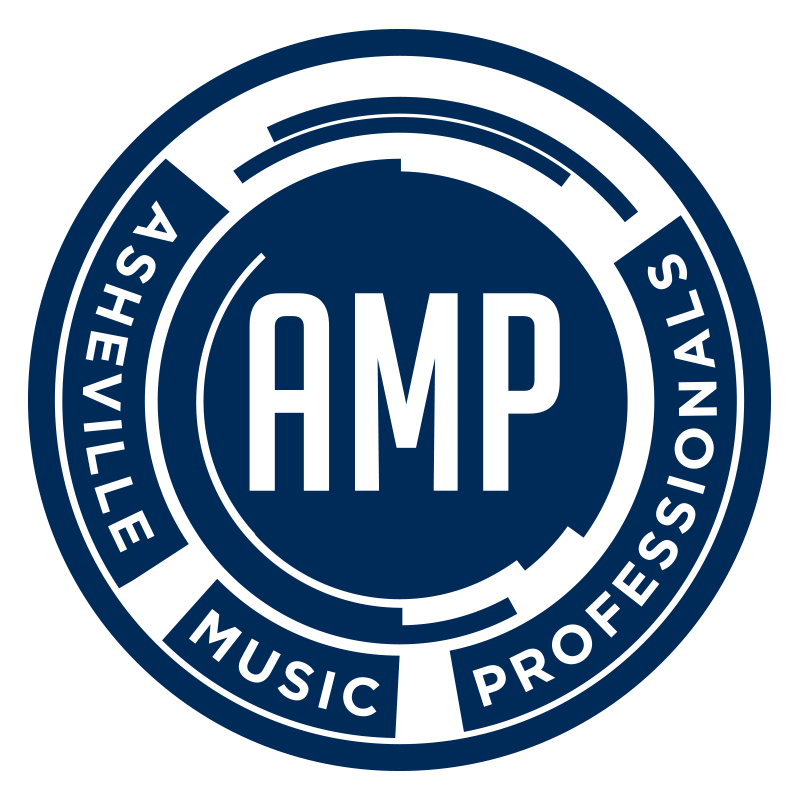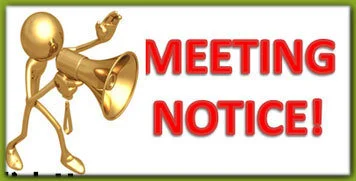Call To Action: Preserve Asheville Music
Asheville's Music Industry Needs Your Help Before It's Too Late!
We have been floored by how you've continuously shown up to support local live music! It's time to use your voice yet again, so we can get a vote on a liveable noise ordinance and put this issue to rest after many months of curveballs.
TELL CITY COUNCIL THAT NOW IS THE TIME TO PASS A BALANCED NOISE ORDINANCE TO PROTECT LIVE MUSIC
We have worked for months to negotiate a noise ordinance that will protect our live music industry and we support the day-to-day decibel limits that the Public Safety Committee recommended to City Council earlier this month. These are summarized here.
We ask Council to include in the new ordinance a common sense "Sound Exceedence Permit". Permitted Sound Exceedence events will be permitted with dB levels overseen by City Staff, with cooperation from concert organizers. The permits will require events to end at 10pm & 11pm, be limited to 30 events per year for only the largest producers (and <12 per year for one-off promoters), and sound levels from the events will be kept to 85 dB at the nearest residential property line.
SMALL GROUP OF PROPERTY OWNERS PUSHING FOR STRICTER MUSIC LIMITS
A small group of residents and luxury condo owners do not agree with the reasonable compromises AMP has made. They do not want City Council to pass the Public Safety Committee's recommendation that will protect our fragile local music scene, even with the common-sense compromises it includes (such as establishing quieter night-time dB levels, setting reasonable ending time for shows, and limiting the number of outdoor events allowed per year.) This small group of residents is pushing for the delay of the vote to give them more time to lobby for a stricter overall noise policy, lower decibel limits downtown and elsewhere, and more limitations on outdoor music. These changes would put Asheville's music industry and all of us who rely on it for work or for our lifestyle, in great jeopardy, and would place our fragile local venues and gigging musicians in a precarious situation as we try to plan ahead for booking, not knowing whether these stricter limits would even be achievable or could put us out of business.
City staff has gone above and beyond for over two years to learn about sound in our entire city before getting to this point. In many meetings with AMP, the Asheville Buskers Collective and many other groups they have been inquisitive, responsive and sensitive to our culture while being realistic about the need to have an updated noise ordinance that fits our unique city. This is key to why we can support it, and why we are asking you to join us. Now, AMP wants Asheville City Council & staff to stick to the schedule that was planned weeks ago. We ask them to take a vote on the common-sense, balanced Noise Ordinance proposed by Public Safety at the next council meeting, if not on June 22 than most certainly in July. Our neighborhoods need relief from the serious noise polluters and our music industry cannot afford the uncertainty of a delay.
WHAT YOU CAN DO TO HELP NOW
Email Asheville City Council AshevilleNCCouncil@ashevillenc.gov and City Manager Deborah Campbell dcampbell@ashevillenc.gov before next Tuesday morning, June 22nd! and do the following:
(Please cc ashevillemusicprofessionals@gmail.com so we can track responses.)
Share your full name and the Asheville neighborhood where you live! (If you don't live in City limits, you are still welcome to email without listing a City address or neighborhood). This is very important so that we can show how many AVL residents support our beloved live music scene! We know that there are a lot of us, and we know that we represent the majority of almost every City neighborhood.
Tell Council NOT to delay the vote! Ask them to vote for an ordinance that protects live music in July.
Ask Council to vote to approve the Public Safety Committee's recommendations for dB limits, and ask them to ensure that outdoor live music can survive by supporting a Sound Exceedence Permit process that allows up to 30 events per year (for larger venues only), a curfew of 10pm on weekdays and 11pm on weekends, and a max dB limit of 85dBA at the nearest residential property line.
AMP has a sample letter template on our website you can link to here.
FINALLY: TELL YOUR FRIENDS AND NEIGHBORS TO DO THE SAME! We know that the majority of Asheville neighbors value and appreciate our local music scene. We know that Asheville would not be Asheville without it; we need to show City Council how large our music community is! There is strength in our numbers! Remember that Tuesday is the deadline as the all-important next Council meeting is Tuesday afternoon and July's agenda will then be set!
Thank you SO MUCH for your help! Please spread the word to everyone you can!





